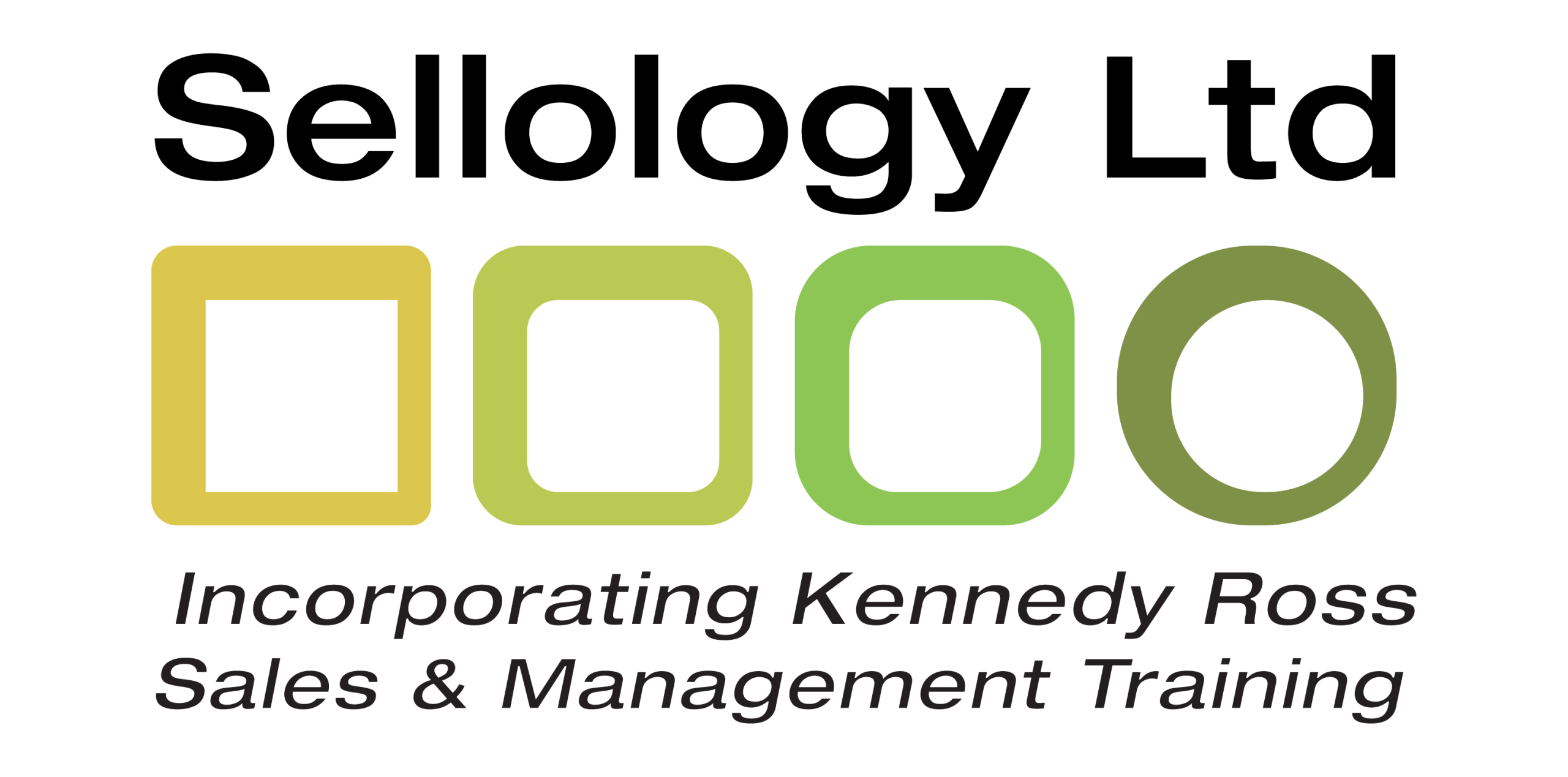The Reality UK Businesses Face
Running a business in the UK today means dealing with constant change. Buyers expect more, competitors move faster and the sales environment never stops shifting. What worked in your sales approach last year might already feel outdated.
That’s why ongoing sales training can’t be treated like a one-off tick-box exercise. It must be part of how you operate if you want your business to stay credible and competitive.
Why Relying on Talent Alone Isn’t Enough
Plenty of business owners think that if they hire the right people, the rest will take care of itself. It sounds good on paper but, it rarely works out that way. Even the most gifted salesperson can plateau if they’re left to figure everything out on their own.
Markets don’t sit still, customers don’t behave the same way year after year and competitors are always adjusting their approach. If you don’t keep your team developing, they’ll get caught out. I’ve seen sharp performers slowly lose their edge simply because they weren’t given the chance to grow through training.
Training Builds More Than Knowledge
Some leaders assume training is just about teaching new techniques. In reality, it does a lot more. It gives people confidence, resilience, and adaptability.
When someone knows how to handle objections, negotiate with authority, or manage their pipeline effectively, they don’t just know more. They walk into every conversation with confidence and that confidence shows.
Short-Term Boosts vs. Long-Term Culture
Plenty of businesses run a one-day workshop, enjoy the buzz it creates and then watch the impact vanish after a few weeks. The problem isn’t the team; it’s the lack of follow-through.
Training that happens once and disappears feels like background noise. Training that runs continuously becomes part of the culture. Skills turn into habits and those habits drive results year after year.
Aligning Training with Business Goals
Training is most effective when it connects directly to your wider business objectives. If it doesn’t, it risks feeling disconnected.
That’s why a good programme always ties back to outcomes you care about, like higher win rates, bigger deals or stronger client retention. It should move the numbers that matter, not just fill a workbook.
This is also, where sales management training plays a huge role. Managers who are trained to coach, guide and measure keep everyone aligned with the business goals.
The Human Element: Why People Stay or Go
There’s another side to this that gets overlooked: people leave when they feel stuck. Sales is a demanding career and if your team doesn’t feel supported or able to grow, they’ll eventually look elsewhere.
Continuous training sends a different message. It says: we value you and we’re invested in your future here. That matters. It builds loyalty, keeps morale high and saves you from the cost and disruption of having to replace staff who burn out or drift away.
Adapting to Modern Buyers
Buyers today behave very differently compared to just a few years ago. Most will have researched your service before they even speak to you. They compare options instantly and expect conversations that feel personalised and relevant.
If your sales team is still using outdated approaches, they’ll lose credibility fast. Ongoing training makes sure they’re equipped to have the kind of conversations modern buyers expect. It keeps their style fresh, their techniques sharp and their confidence high.
Why Consistency Beats Occasional Inspiration
Lots of companies run a motivational session and enjoy the short-term lift it brings. But motivation fades quickly. What matters is repetition, coaching and practice.
The salespeople who succeed long-term aren’t the ones who attended one “big” workshop. They’re the ones who’ve had continuous chances to practise, refine and build confidence until new skills become second nature.
The Bigger Picture
For me, ongoing sales training is what separates the businesses that keep up from the ones that fall behind. It’s not about ticking a compliance box or running a one-off event. It’s about embedding growth into how your team works every day.
Yes, hiring good people is important. But if you stop developing them, they’ll eventually stall. Training isn’t a cost, it’s the engine that turns potential into results.
If you want your business to stay competitive, don’t think of training as a quick fix. Treat it as an ongoing journey. That’s how you create sales teams that don’t just hit their targets but raise the bar again and again.





